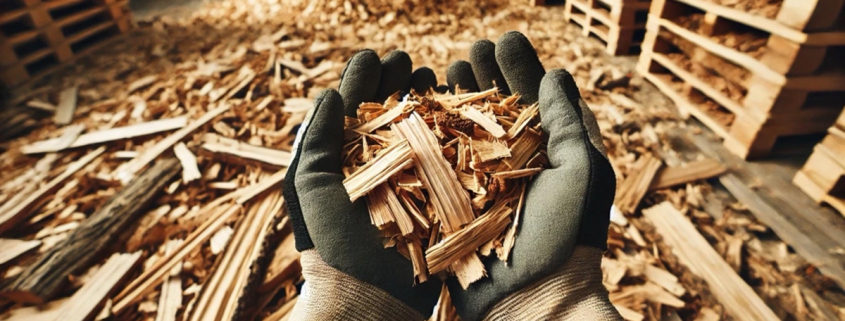Minneapolis Biochar Initiative to Power Urban Carbon Removal
Minneapolis is on the verge of launching one of the first municipally owned carbon removal projects in the United States, centered around the innovative use of biochar. The city recently acquired a biomass pyrolyzer, a machine that converts tree clippings into biochar by heating them in a low-oxygen environment. This process locks carbon into a stable form that can last for centuries, helping to combat climate change.
Biochar offers numerous environmental benefits. It can improve soil fertility, increase crop yields, and enhance the soil’s ability to retain water. Additionally, biochar has the potential to filter contaminants from stormwater. Minneapolis plans to integrate biochar into various public works projects and distribute it to community groups in pollution-heavy areas, known as “green zones.” The city is also exploring opportunities to sell biochar to other local governments interested in similar environmental initiatives.
Minneapolis’ biochar initiative draws inspiration from a successful project in Stockholm, Sweden. With funding assistance from Bloomberg Philanthropies, Minneapolis was one of three U.S. cities awarded $400,000 in 2022 to develop biochar production facilities. The city’s facility, expected to be operational this fall, will use tree clippings collected by Xcel Energy during electrical line maintenance.
This project is a step toward a larger vision of urban carbon sequestration. While the immediate climate impact is modest, with an estimated removal of 1,500 tons of CO2 annually, Minneapolis’ biochar program demonstrates how cities can contribute to carbon removal efforts. By turning organic waste into a valuable resource, Minneapolis is pioneering a sustainable approach to managing urban carbon and enhancing environmental health.
Read more at Biochar Today.


